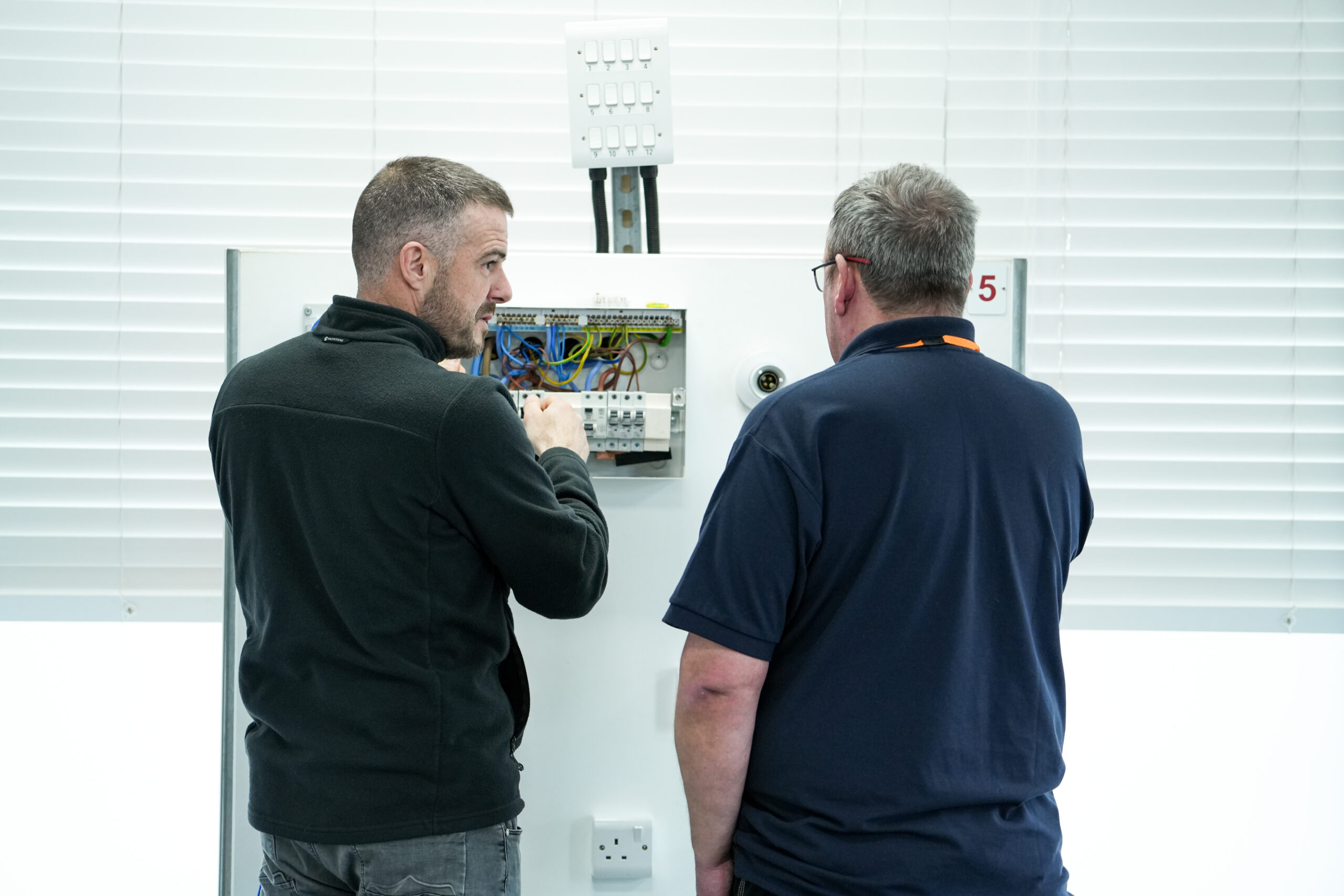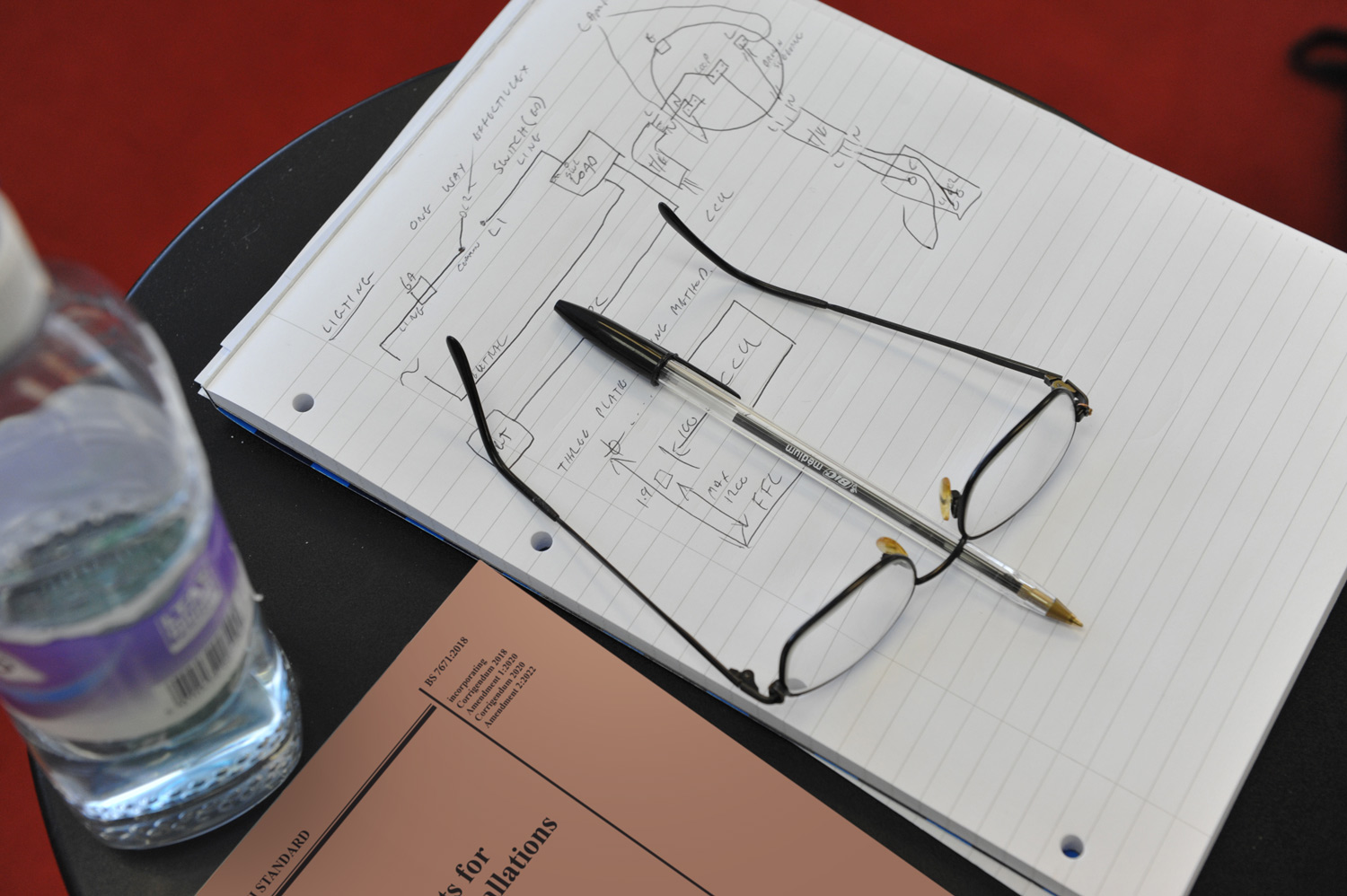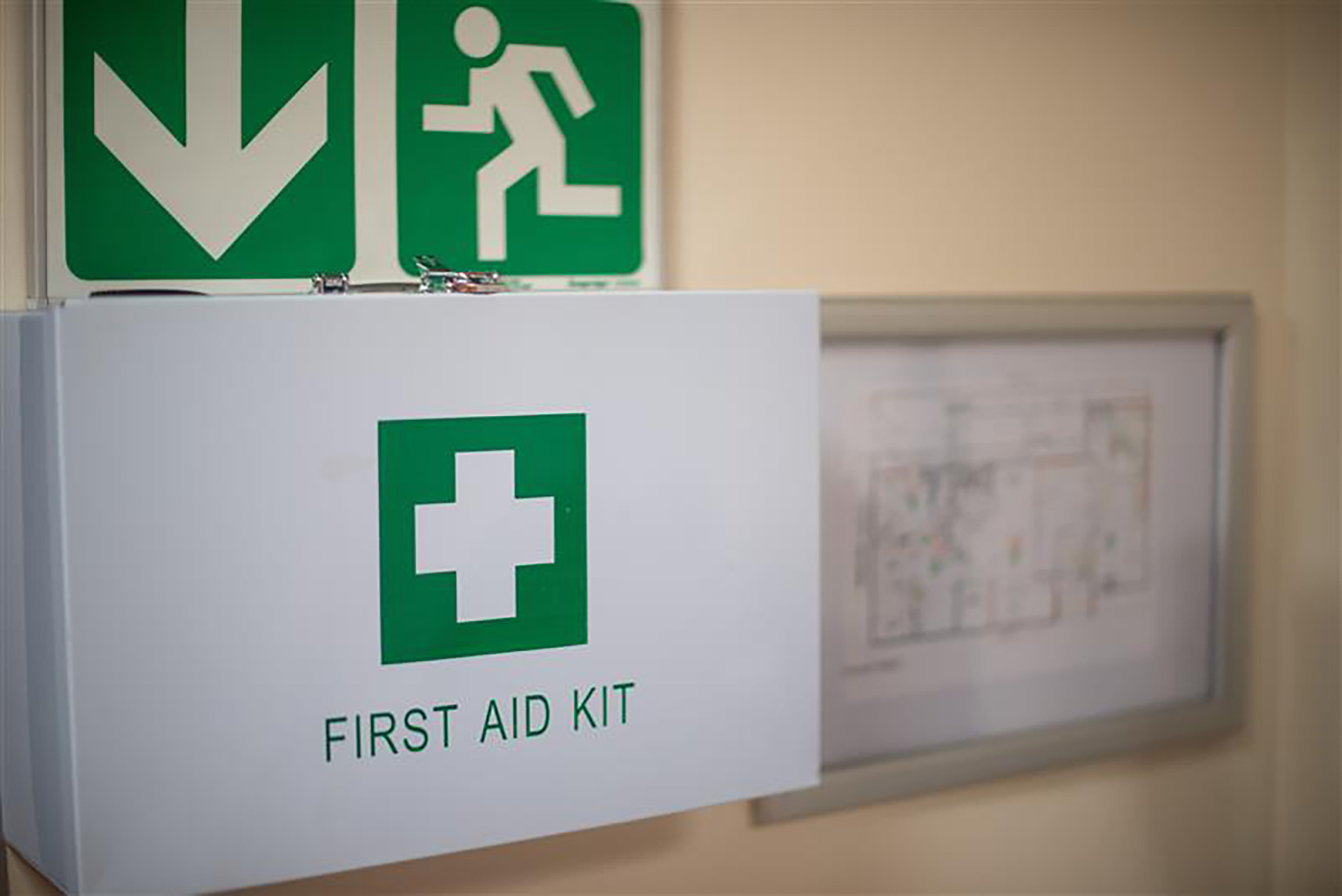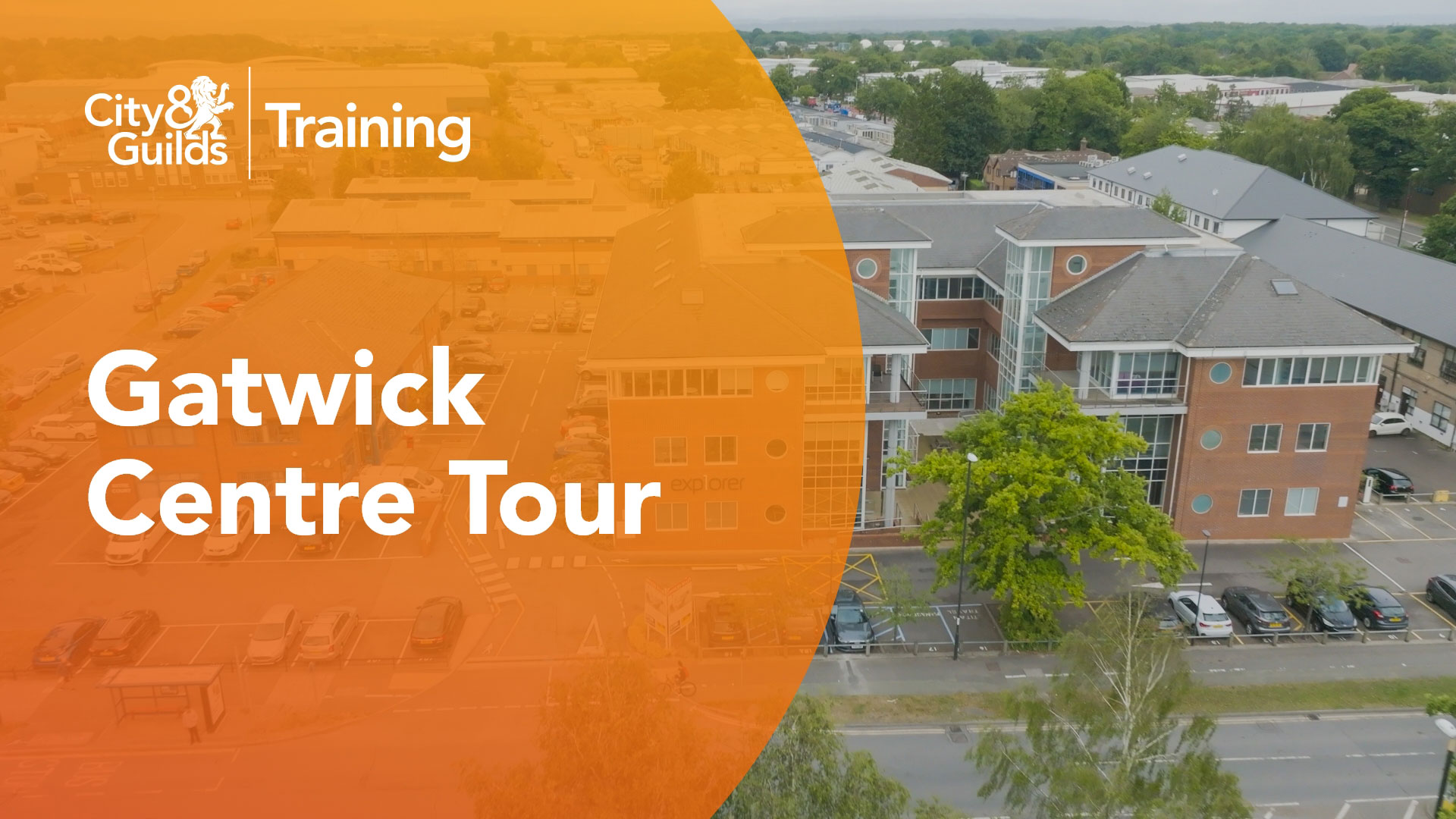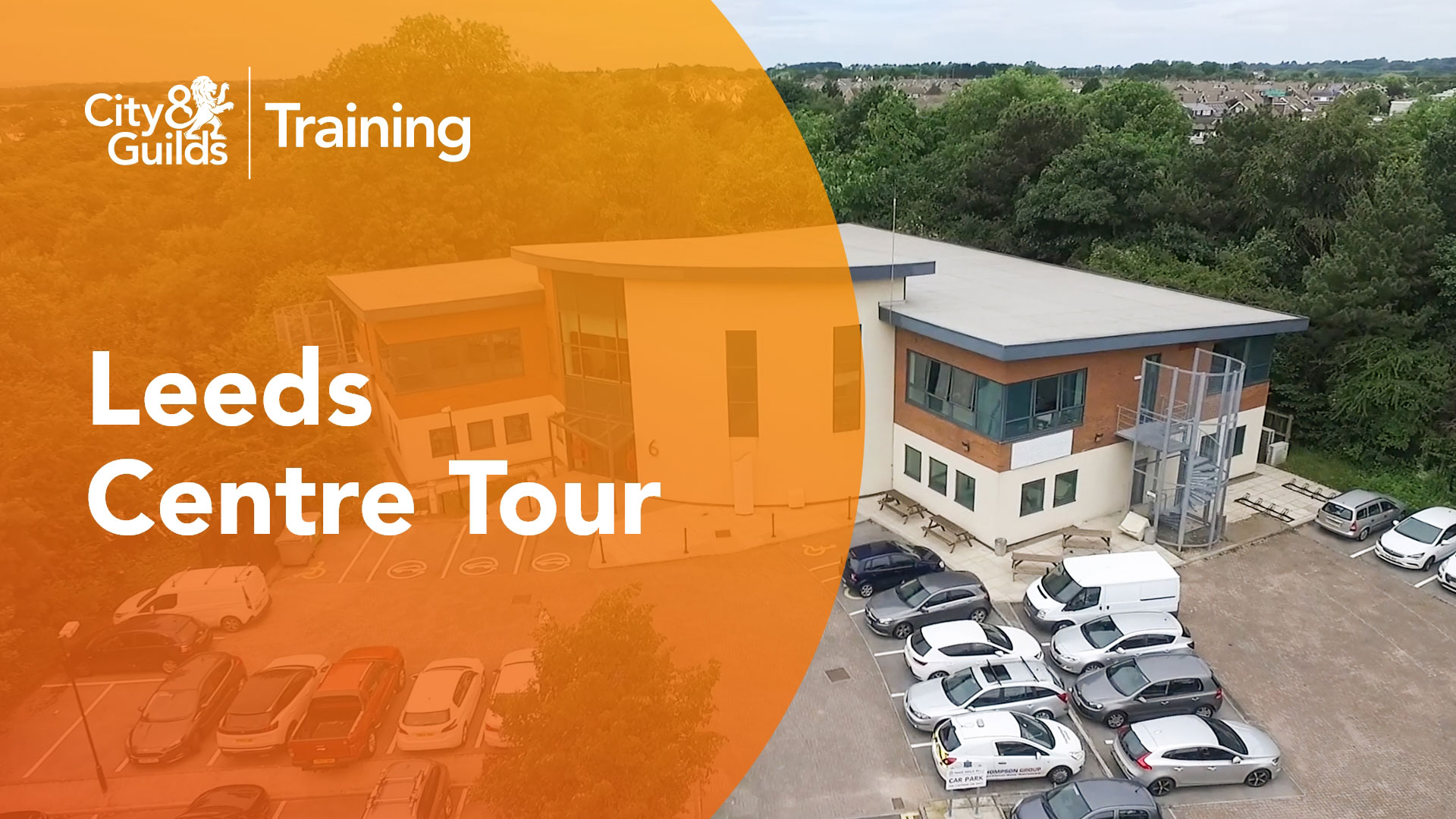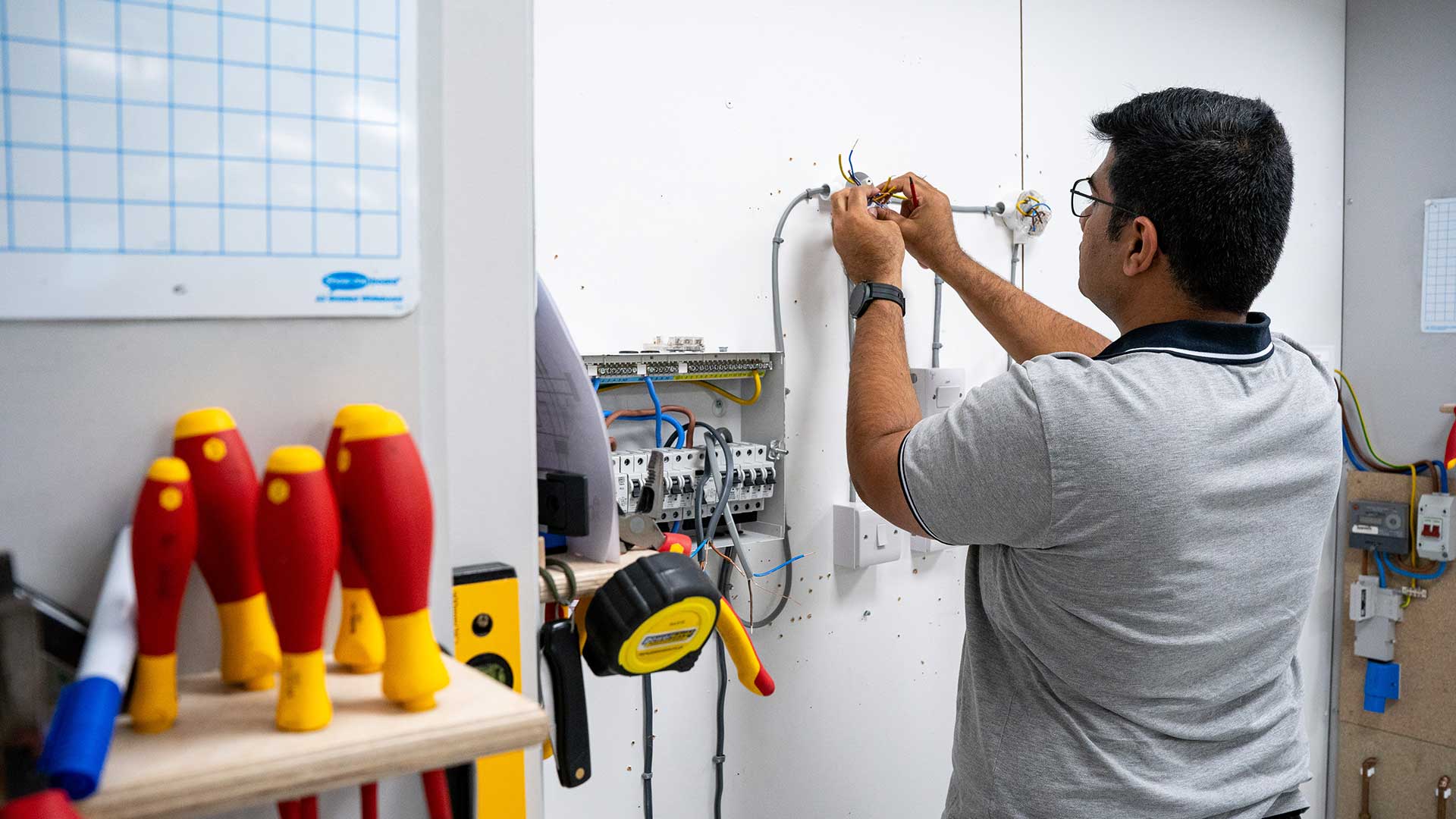When considering a career in the electrical industry, the path to becoming a qualified electrician is often through an apprenticeship. Apprenticeships provide hands-on experience, combined with theoretical knowledge, to equip learners with the skills necessary to meet industry standards. However, not all electrical apprenticeships are the same, and there are different types of training available depending on your career goals. At City & Guilds Training – Electrical , we offer two key electrician apprenticeship courses : the C&G 5393 Domestic Electrical Apprenticeship and the C&G 5357 Electrical Apprenticeship (Installation & Maintenance). In this article, we’ll explore what these courses involve and how they may differ from other electrician training routes.
What Are the Components of an Electrician Apprenticeship?
An electrician apprenticeship is structured to provide both practical and theoretical learning. The course typically consists of a combination of classroom-based learning, technical workshops, and real-world, on-the-job training. Apprentices gain exposure to working environments where they can develop their skills under the guidance of experienced professionals.
Key components of these apprenticeships include:
- Understanding Electrical Systems: This involves learning the basics of electrical installations, maintenance, and repair techniques. Apprentices will gradually build their knowledge of electrical safety regulations, wiring methods, and how to diagnose and resolve electrical faults.
- Developing Practical Skills: Throughout the apprenticeship, learners will perform actual installation tasks under supervision. This might range from domestic wiring to complex electrical systems in commercial or industrial settings.
- Building Industry Knowledge: Apprentices are introduced to industry standards, compliance, and regulations, ensuring that the work they undertake meets safety and quality benchmarks.
Each apprenticeship programme has its unique elements, designed to equip learners for specific job roles, whether it’s as a domestic installer or a fully qualified electrician.
C&G 5393 Domestic Electrical Apprenticeship
The C&G 5393 Domestic Electrical Apprenticeship is aimed at individuals looking to specialise in domestic installations. This course focuses on preparing apprentices to carry out electrical work in domestic settings, such as residential homes.
Apprentices who complete this course can expect to develop the knowledge, skills, and behaviours required to meet the standard for domestic electricians. By the end of the programme, individuals will have the necessary competencies to apply for the ECS Domestic Electrician Gold Card, an industry-recognised certification that may open up more opportunities for those pursuing a career in domestic electrical installation.
Graduates of this apprenticeship may also be eligible to join a Competent Person Scheme, which allows them to self-certify their work for domestic properties. This is particularly important for those who wish to work independently in the future.
C&G 5357 Electrical Apprenticeship (Installation & Maintenance)
For those interested in a broader range of electrical work, the C&G 5357 Electrical Apprenticeship (Installation & Maintenance) may be a suitable choice. This course covers not only domestic electrical systems but also electrical installations in commercial and industrial environments.
Apprentices will develop skills in both installation and maintenance, making this a versatile option for those who want to keep their career options open. By completing the installation and maintenance electrician apprenticeship at Level 3, individuals may become eligible for the ECS Installation/Maintenance Electrician Gold Card. This qualification can provide access to a wider range of electrical work, allowing individuals to work in various sectors.
The ability to apply for a Competent Person Scheme is also an option for graduates of this programme. This enables electricians to self-certify the safety of their work without needing a third-party inspection.
Are There Other Routes to Becoming an Electrician?
To read more about other routes to becoming a qualified electrician, head to our ‘become an electrician’ guide.
How Long Does It Take to Complete an Electrician Apprenticeship?
The duration of an electrical apprenticeship can vary depending on your role, prior knowledge, and experience. Typically, the domestic electrician apprenticeship may take up to 3 years to complete, with steady development of skills and knowledge over that time. The training is fully funded, and you will earn while you learn. City & Guilds Training – Electrical, alongside your employer, will support you throughout the apprenticeship to ensure you work in a safe environment and are set up for success in reaching your full potential.
- Domestic Electrician Apprenticeship Standard: Up to 3 years
- Installation/Maintenance Electrician Apprenticeship Standard: Up to 4 years
What’s the Difference Between an Electrician and a Domestic Installer?
One common question is how a domestic electrician differs from an installation and maintenance electrician. The key difference lies in the scope of work. A domestic installer typically focuses on residential properties, handling tasks such as wiring houses, installing lighting fixtures, and maintaining domestic electrical systems.
On the other hand, a qualified electrician may work across various settings, including domestic, commercial, and industrial. They are trained to handle more complex electrical systems, including large-scale installations and ongoing maintenance in diverse environments.
Choosing between the two depends on your career aspirations and the type of work that interests you. Both roles offer rewarding career opportunities, though the training paths differ slightly in their focus and outcomes.
For more information, visit the City & Guilds Training – Electrical website.
If you’re an individual or business interested in learning more about our electrical training courses visit the City & Guilds Training – Electrical courses page.
Ou contact our team directly here with any questions.

